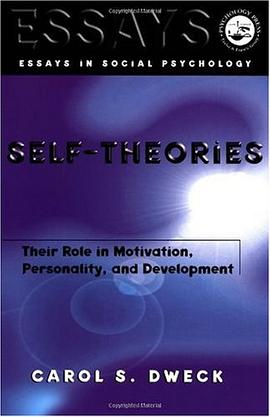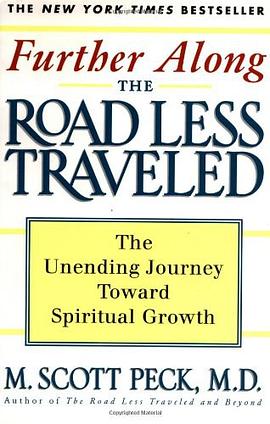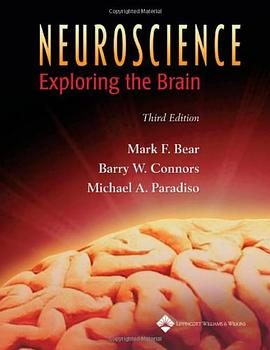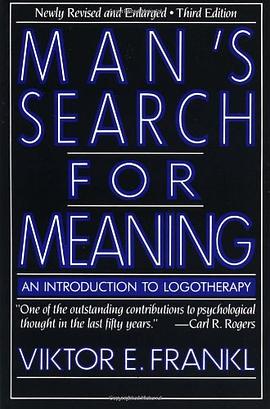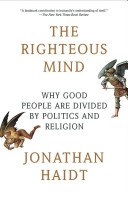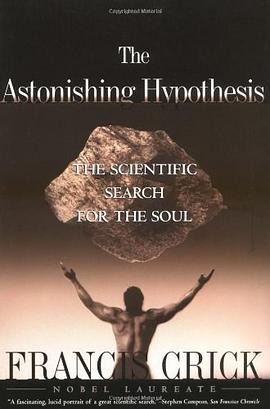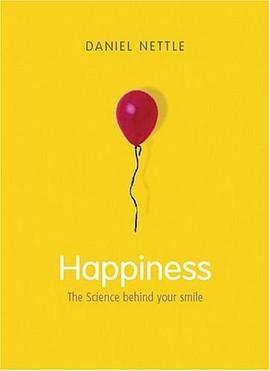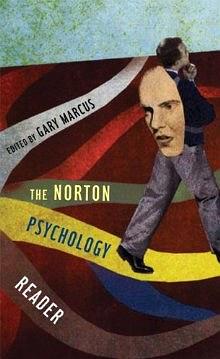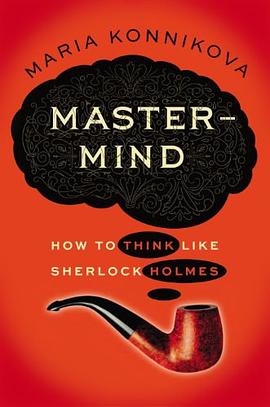

具體描述
Are we “noble in reason”? Perfect, in God’s image? Far from it, says New York University psychologist Gary Marcus. In this lucid and revealing book, Marcus argues that the mind is not an elegantly designed organ but rather a “kluge,” a clumsy, cobbled-together contraption. He unveils a fundamentally new way of looking at the human mind -- think duct tape, not supercomputer -- that sheds light on some of the most mysterious aspects of human nature.
Taking us on a tour of the fundamental areas of human experience -- memory, belief, decision-making, language, and happiness -- Marcus reveals the myriad ways our minds fall short. He examines why people often vote against their own interests, why money can’t buy happiness, why leaders often stick to bad decisions, and why a sentence like “people people left left” ties us in knots even though it’s only four words long.
Marcus also offers surprisingly effective ways to outwit our inner kluge, for the betterment of ourselves and society. Throughout, he shows how only evolution -- haphazard and undirected -- could have produced the minds we humans have, while making a brilliant case for the power and usefulness of imperfection.
著者簡介
Gary Marcus is an award-wining Professor of Psychology at New York University and director of the NYU Center for Child Language. He has written three books about the origins and nature of the human mind, including Kluge (2008, Houghton Mifflin/Faber), and The Birth of the Mind (Basic Books, 2004, translated into 6 languages). He is also the editor of The Norton Psychology Reader, and the author of numerous science publications in leading journals, such as Science, Nature, Cognition, and Psychological Science. He is also the editor of the Norton Psychology Reader and has frequently written articles for the general public, in forums such as Wired, Discover, The Wall Street Journal, and the New York Times.
圖書目錄
讀後感
作者开头提到一个脊柱的不好,要几个交叉脊椎骨才是更合理设计,以及鼻子不必要的凸起,眼睛进化的缺陷出现盲点,容易腐烂的牙齿以及恼人的第三磨牙,易受伤的皮肤等等,都是拙劣的产品。 然后他提到infantcide,说按照道金斯的说法,既然人是gene的繁殖vessel,为何会有父母会...
評分认知方面不合理的地方 这类书现在的确已经非常多了,新颖东西不多。但是如果从前读的不多,这本还是可以的。为什么我还要读呢?真是验证了书里说的confirmation bias. 结尾的几条建议摘录下,有几条很像基本统计课的概念。 1. 考虑下alternative hypothesis 从正方和反方都...
評分这是一本让我在阅读过程中不断发出“我嚓原来是这样”感叹的书。 作者从进化论和社会实验入手,阐述了人类大脑在进化过程中产生的一些缺陷,并以此为基础对记忆、信念、选择、快乐等抽象事物的形成作出了诠释。 其中贯穿文章始终的是一个叫“克鲁机(Kluge)”的概念,其原始意...
評分本书结构简单内容短小,写作略显拖沓臃肿,170多页的正文实际上大约120页就能说完。 本书从各角度讨论人类认知世界(interpretation of information) 以及根据信息作出选择(decision making)过程中常见的mistakes,bias以及产生的原因。原因的分析很有意思但是论证不够充足也没...
用戶評價
開始覺得很好,後來漸漸覺得這本書的內容寫得很亂,就是定瞭個大主題後就開始信馬由繮。有些小實驗挺有趣,但這本書說講的道理不深,很錶象。
评分嗯.是這麼迴事,可是這類書怎麼都這麼囉嗦呢
评分The irrational part of the mind is actually an efficient evolution of mind. This book is only for popular readers.
评分很棒的一本大眾心理書。小小的一本,裏麵提到的概念又很熟悉,所以很快就看完瞭。最重要的自然是最後一張作者給的13個建議。感覺中心思想就是,還是要理性思考。
评分The irrational part of the mind is actually an efficient evolution of mind. This book is only for popular readers.
相關圖書
本站所有內容均為互聯網搜索引擎提供的公開搜索信息,本站不存儲任何數據與內容,任何內容與數據均與本站無關,如有需要請聯繫相關搜索引擎包括但不限於百度,google,bing,sogou 等
© 2025 book.quotespace.org All Rights Reserved. 小美書屋 版权所有

